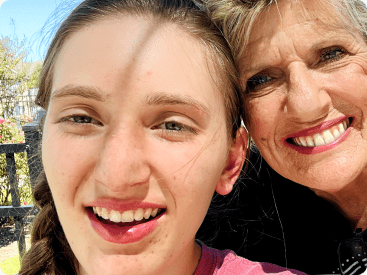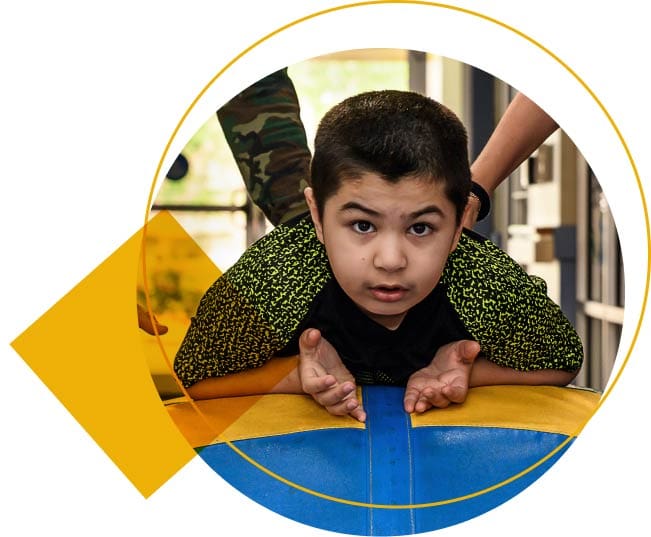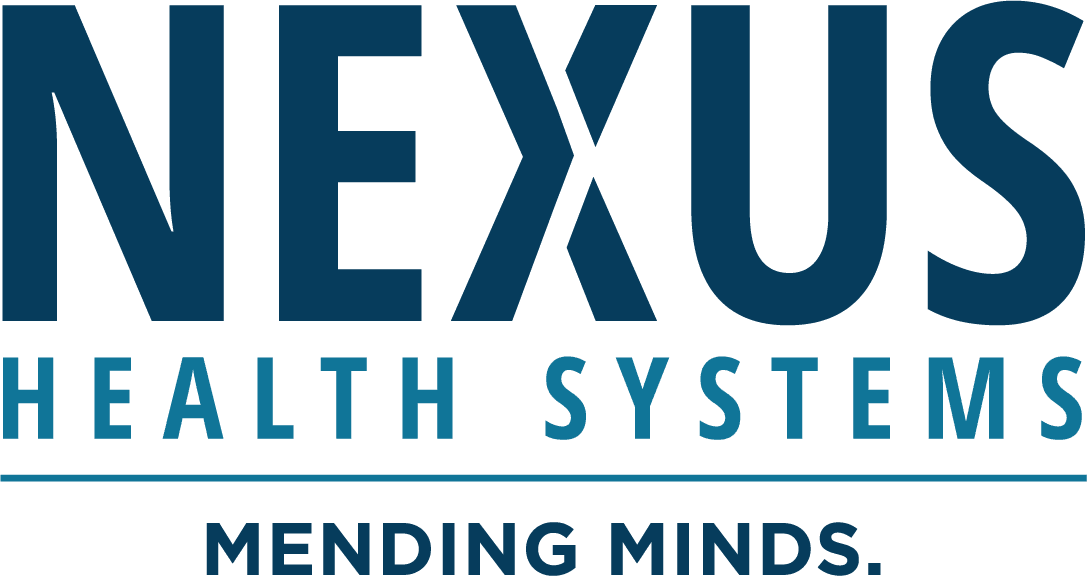
Inpatient care for children with autism and other neurodevelopmental disorders.
Helping families navigate the challenges of autism — together.
Children and adolescents with autism and related neurodevelopmental disorders often face steep, overlapping challenges, which can include difficulty communicating basic needs, social deficits, sensory sensitivities, and trouble with everyday tasks such as basic hygiene, dressing, and eating. For many families, these challenges are compounded by repeated care disruptions, behavioral crises, and a lack of appropriate resources, leaving them unsure where to turn next.
The New Directions Program at Nexus offers a path forward. Designed for children and adolescents with needs that cannot be adequately addressed in outpatient programs, New Directions provides structured, hospital-based care rooted in evidence and compassion. We equip children and families with the tools and support needed to promote adaptive growth, social development, and a safe return to home, school, and community — because we’re passionate about mending minds.
A compassionate care environment tailored to children and adolescents with autism and co-occurring conditions.
Children, adolescents, and young adults with developmental disabilities such as severe autism and medically complex needs have very limited care options. Hospitals often discharge these patients quickly because of difficult behaviors — which is why Nexus is different. Our specialty programming, combined with in-depth caregiver training, gives patients and families a solid foundation on which to build at home.
Program features:
- Programming tailored to developmental level and functional ability
- Medication management to reduce maladaptive behaviors and enable engagement in therapeutic activities
- Occupational therapy to improve fine motor skills, daily living tasks, and sensory processing
- Physical therapy focused on gross motor development, strength, coordination, and mobility
- Speech-language therapy addressing expressive/receptive language, pragmatics, and augmentative communication tools, such as picture exchange communication systems (PECS) and speech-generating devices (SGD)
- Daily therapeutic groups to support peer interaction, task completion, and communication
- Social skills groups to address conversation skills, emotional expression, and interpreting nonverbal cues
- ABA-informed programming embedded in real-world routines
- Token economy system that rewards participation and reinforces prosocial behavior
- Individualized behavior support plans monitored by a Board-Certified Behavior Analyst (BCBA) and Registered Behavior Technicians (RBTs)
- Safe, calming unit spaces with clearly defined routines
- Sensory room with adjustable lighting and tactile tools for sensory integration and relaxation
- Concurrent, TEA-accredited education
Common diagnoses:
- Autism spectrum disorder (ASD)
- Behavioral dysregulation
- Intellectual disability
- Other neurodevelopmental disorders
Admission criteria:
- Admitting ages 6 up to 18
- Presentation consistent with a DSM-5-TR diagnosis for a neurodevelopmental disorder that requires intensive out-of-home therapeutic interventions
- Significant maladaptive behaviors that cannot be safely addressed in a less restrictive environment
- Symptoms interfering with significant life domains, including family, school, community, and recreational/vocational activities
- Ability to respond to clinical services within a structured setting and engage in therapeutic programming activities
- Cognitive and adaptive functioning to benefit from the program’s clinical services and programming
- Medical needs that can be managed appropriately by the pediatric team and facility
Empowering families to support skill development at home and in the community.
In the New Directions Program, family education is an essential part of treatment. Long-term success depends not only on what patients accomplish during their stay, but on how well their caregivers are prepared to support continued progress after discharge.
Caregiver training is built around the Research Units in Behavioral Intervention (RUBI) Network Curriculum, an evidence-based model that provides practical strategies for managing behavioral challenges in children with autism and related conditions. Board-Certified Behavior Analysts (BCBAs) or Registered Behavior Technicians (RBTs) provide supervised training, which includes both virtual instruction and in-person, hands-on education.
Training begins with structured observation, where caregivers see firsthand how staff members engage their child. Over time, families begin to work directly with both the staff and their child, practicing interventions that target the behaviors identified at admission. In vivo education — including supervised community outings — prepares families to manage challenging behaviors in real-world settings. Additionally, our rehabilitation therapists provide tailored education to caregivers based on each patient’s needs. This may include strategies for improving mobility, communication, or independence with daily living tasks.
Our goal is for caregivers to leave with the confidence and tools they need to support their child’s continued growth post-discharge.
Wonder what makes severe autism different from milder forms of autism? Learn here.
MORE ON SEVERE AUTISM
MEET A New Directions PROGRAM SUCCESS STORY.
“Maddie now lives in her own space — dubbed “Maddie’s House.” A rotating, 24/7 care staff uses the routine she enjoyed at Nexus, allowing her to achieve the highest level of independence possible.”
– Tabitha, Maddie’s Mother
Ongoing treatment planning guided by clinically tested evaluation tools.
We use specific metrics to evaluate progress with communication and behavior.
Testing is conducted at admission and throughout the patient’s stay, allowing treatment plans to adapt and evolve as patients make progress.
- Aberrant Behavior Checklist: Measures behavioral disturbances and psychiatric symptoms
- Communication Matrix: Assesses all types of communicative behavior
- DBC-2: Evaluates emotional and behavioral dysregulation and monitors interventions and medication usage
- Modified Overt Aggression Scale-Revised (MOAS): Measures destructive verbal and physical aggression
- Vineland-3: Assesses individuals with intellectual and developmental disabilities
- Wee-FIM: Evaluates progress in formal physical, occupational, and speech therapies
Neurodevelopmental program services

